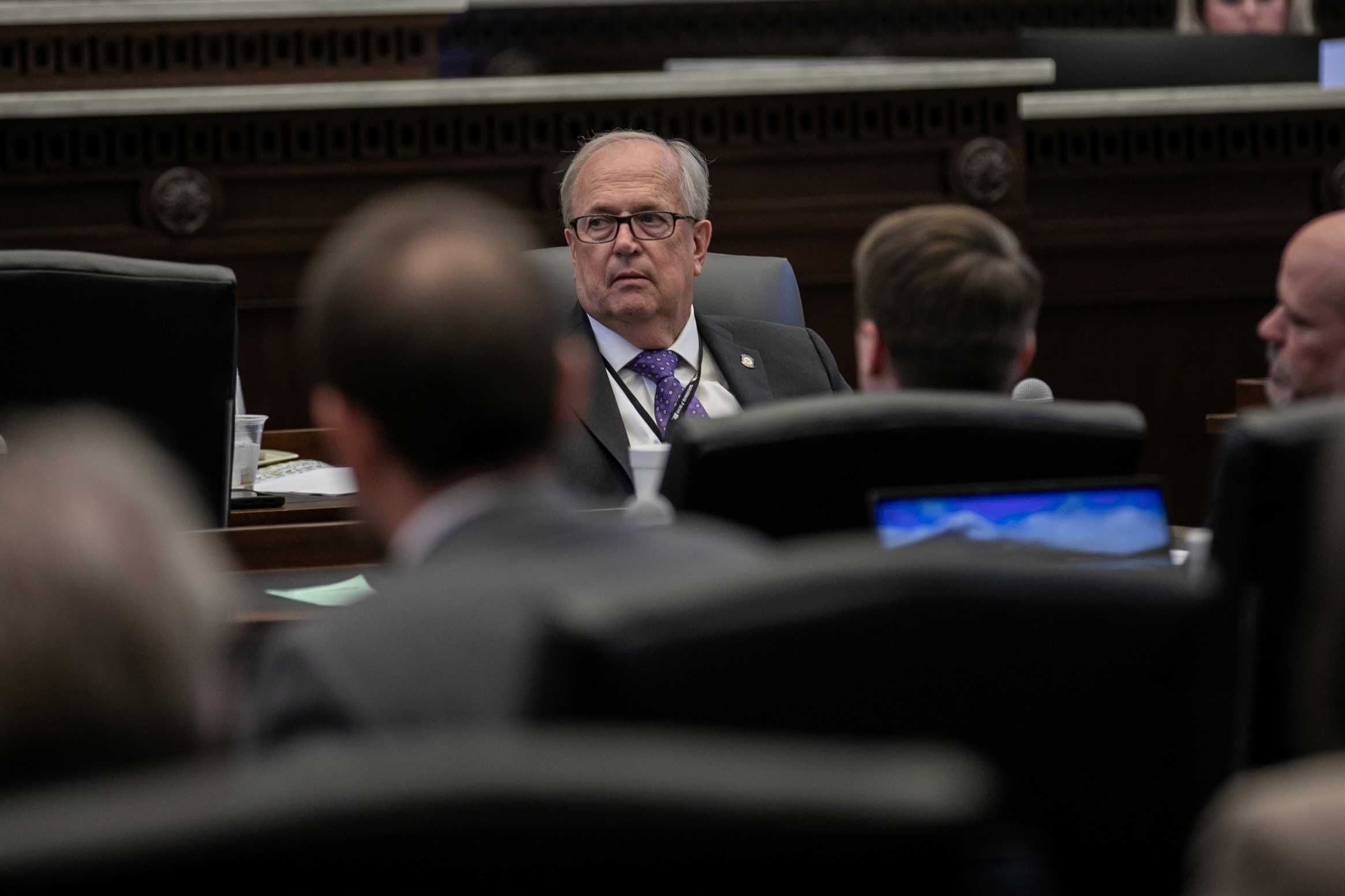Williams Hosts Interim Study on Children’s Court Reform

OKLAHOMA CITY – Rep. Danny Williams, R-Seminole, hosted an interim study this week at the state Capitol to explore how a unified statewide family court system could help improve outcomes for Oklahoma children in deprived cases.
The study brought together child advocates, lawmakers from across the state and representatives from Texas to examine disparities in Oklahoma’s current family court system. The group discussed how specialized courts, like those operating in other states, could better serve children and families in the state’s care.
"Oklahoma has an opportunity to strengthen how we handle cases involving our most vulnerable children,” Williams said. "By having judges who specialize in family and child welfare cases, we can make sure these matters are heard by someone who truly understands the system and the trauma many of these children have faced. We owe it to these children to build a court system that works for them."
The study reviewed models from other states, including the Texas Child Protection Courts (CPCs), which are dedicated solely to handling Child Protective Services cases. CPC judges undergo specialized training in foster care, youth trauma and CPS procedures, allowing them to manage caseloads more effectively.
Texas began with four CPCs funded through a federal grant and now operates 31 courts managing more than half of the state’s CPS dockets which are now funded by the Texas Legislature through General Revenue. CPC judges are appointed by regional presiding judges and serve as either associated judges or former judges. Their decisions are subject to de novo review by elected judges, ensuring a fresh look at each case if appealed.
Much like Oklahoma’s Family Representation Advocacy Act, passed in 2023, which created the Office of Family Representation to ensure high-quality legal representation for children and indigent parents in deprived actions, a unified family court system would focus on consistency and expertise. Under such a system, judges would be assigned solely to family and child advocacy cases within their districts.
Williams said Oklahoma already has part of the structure in place, which could make the transition to a specialized model possible.
"We have the framework if we decide to go this route," Williams said. "It would just take some moving of the pieces around a bit to make it work for Oklahoma."
Oklahoma’s 22nd Judicial District Judge Brett Butner, who participated in the study, said it is important to review and address Oklahoma's long-standing challenges in its child welfare system.
"I am grateful for Representative Williams' invitation to discuss the difficult issues that judges navigate in our current child welfare system," Butner said. "It is exciting to see Oklahoma's leaders explore concepts and launch innovative programs, like the Office of Family Representation, to support families and strengthen our current system."
The Oklahoma Office of Family Representation is expanding to Seminole County, located within the 22nd Judicial District, on Feb. 1, 2026.
No formal legislation has been filed yet regarding a unified family court system, but Williams said he hopes the study will serve as a foundation for future policy discussions.
